Home>Home Maintenance>What To Ask During Your Home Inspection


Home Maintenance
What To Ask During Your Home Inspection
Modified: March 6, 2024
Looking for the right questions to ask during your home inspection? Ensure your home maintenance is up to par with our expert guidance on what to inquire about.
(Many of the links in this article redirect to a specific reviewed product. Your purchase of these products through affiliate links helps to generate commission for Storables.com, at no extra cost. Learn more)
Introduction
Welcome to the world of home maintenance! Owning a home is a significant investment, and it requires regular upkeep to ensure that it remains in optimal condition. One essential aspect of maintaining your home is conducting regular home inspections. A home inspection is a thorough examination of your property to identify any existing or potential issues. This inspection not only provides you with a comprehensive understanding of the state of your home but also allows you to address any problems before they become major or costly repairs.
Whether you are a first-time homeowner or have experience in property maintenance, a home inspection is a vital step in the process. It provides you with the information you need to make informed decisions about your home’s care and maintenance. In this article, we will guide you on what to ask during your home inspection to ensure that you are well-equipped to address any concerns.
Before diving into the questions, it’s important to understand why home inspections are so crucial. Whether you are buying a new home or have lived in your current home for years, a thorough inspection can reveal potential issues that may not be immediately visible. By identifying these problems, you can take the necessary steps to prevent further damage or address any safety concerns.
When preparing for a home inspection, it’s important to have a checklist of questions to ask the inspector. This will help ensure that you cover all the main areas of concern and gather the necessary information to make informed decisions about your home. In the following sections, we will provide you with a comprehensive list of questions to ask about the exterior, interior, plumbing system, electrical system, heating and cooling systems, roof, foundation, safety features, pest control, and overall condition of the property.
Remember, a home inspection is not just about discovering potential problems; it’s also an opportunity to gain a deeper understanding of your home. Take the time to ask questions and listen to the inspector’s recommendations. Armed with this knowledge, you will be able to create an effective maintenance plan to keep your home in top shape.
Now, let’s dive into the specific questions you should ask during your home inspection to ensure that no stone goes unturned and that you have all the necessary information to maintain and care for your home.
Key Takeaways:
- Home inspections are crucial for identifying hidden issues, assessing safety concerns, revealing maintenance needs, and providing peace of mind for homeowners, ensuring a safe and comfortable living environment.
- Asking specific questions during a home inspection about the exterior, interior, plumbing, electrical, heating and cooling systems, roof, foundation, safety features, pest control, and overall condition helps homeowners gain comprehensive knowledge and make informed decisions about their property.
Why Home Inspections are Important
Home inspections are a critical step in the homebuying process, but they are also valuable for homeowners who have been living in their homes for years. These inspections provide a comprehensive evaluation of the property’s condition, identifying potential issues that may require attention. Here are the key reasons why home inspections are important:
- Identify hidden issues: A home can have hidden problems that may not be visible to the untrained eye. A thorough home inspection can help uncover these hidden issues, such as structural problems, electrical and plumbing issues, or signs of water damage. Identifying these problems early on can save you from costly repairs down the road.
- Assess safety concerns: Home inspections pay close attention to safety features, such as fire alarms, carbon monoxide detectors, and electrical wiring. Knowing the state of these safety features allows you to address any potential hazards and ensure the well-being of your family.
- Reveal maintenance needs: Regular home maintenance is essential to preserve the value and integrity of your property. Home inspections can reveal areas that require attention, such as roof maintenance, HVAC system servicing, or gutter cleaning. By knowing these maintenance needs, you can proactively address them and prevent further damage.
- Peace of mind: Buying a home is a significant investment, and you want to have confidence in your purchase. A thorough home inspection provides you with peace of mind, knowing that you are fully aware of the condition of the property and any potential issues that may arise. It allows you to make well-informed decisions about your investment.
For homeowners who have been living in their homes for an extended period, home inspections can still be highly beneficial. Over time, wear and tear can occur, and minor issues can escalate into major problems if left unnoticed. Home inspections help you stay on top of any necessary repairs or maintenance and ensure that your home remains in good condition.
It’s important to note that a home inspection is different from an appraisal. While an appraisal determines the value of the property, an inspection focuses on the condition of the home and its components. Both processes are essential, but a home inspection provides more in-depth insights into the overall health of the property.
Remember, when scheduling a home inspection, be sure to hire a qualified and experienced professional who will conduct a thorough examination of the property. This will ensure that you receive accurate and reliable information about your home’s condition.
In the next section, we will discuss how to prepare for the home inspection, so you can make the most out of this valuable process.
Preparing for the Home Inspection
Preparing for a home inspection can help ensure that the process goes smoothly and that you extract the most value from it. Here are some essential steps to take in preparation for your upcoming home inspection:
- Research and choose a reputable inspector: Take the time to research and select a qualified and experienced home inspector. Look for inspectors who are certified by respected organizations and have extensive knowledge of home systems and structures. Reading reviews and getting recommendations can also help in finding a reputable inspector who will provide a thorough evaluation of your property.
- Review the home inspection contract: Before the inspection, carefully review the contract provided by the home inspector. Familiarize yourself with the scope of the inspection, any limitations, and what you can expect from the process. Being informed about the inspection process will help you set appropriate expectations.
- Prepare a list of questions: Create a list of questions about specific areas or concerns you have about the property. This will ensure that you cover all your inquiries during the inspection. Refer to this list during the inspection and ask the inspector for clarification or further details when needed.
- Organize important documents and records: Gather any relevant documents and maintenance records related to your home. This includes warranties, inspection reports, and repair documentation. Having these documents readily available can be helpful for the home inspector to review and understand the history of your property.
- Clear access to all areas of the home: Ensure that the inspector has easy access to all areas of your home, including the attic, basement, crawl spaces, and utility closets. Remove any obstructions or personal belongings that may hinder the inspection process. Clearing the way will allow the inspector to thoroughly examine all components of your home.
- Make note of any specific concerns or issues: If you have specific concerns about certain aspects of your home, make a note of them and share them with the inspector. This will ensure that those areas receive extra attention during the inspection. Discussing your concerns with the inspector can also alleviate any anxieties you may have.
By taking these steps to prepare for the home inspection, you can help facilitate a smooth and efficient process. This preparation will not only ensure that you receive a comprehensive evaluation of your home but also allow you to actively participate in the inspection by asking relevant questions and addressing specific concerns. Now that you are ready for the inspection, let’s move on to the next section, where we will discuss the questions you should ask about the exterior of your property.
Questions to Ask about the Exterior
When it comes to the exterior of your home, there are several important areas to examine during a home inspection. Asking the right questions will help you gain a thorough understanding of the condition of the exterior components. Here are some key questions to ask your home inspector:
- What is the overall condition of the siding? The condition of the siding plays a crucial role in protecting your home from the elements. Ask the inspector to assess any visible signs of damage, such as cracks, rot, or loose panels. It’s important to address any issues with the siding to prevent further damage to the structure of your home.
- Are there any signs of water damage or leaks? Water damage can be a significant issue for the exterior of your home. Look for any signs of water stains, mold, or discoloration on the walls. Ask the inspector to evaluate the integrity of the exterior surfaces and check for proper sealing around windows, doors, and other openings.
- What is the condition of the roof? The roof is one of the most critical components of your home’s exterior. Inquire about the age of the roof, its material, and its overall condition. Ask the inspector to check for any missing or damaged shingles, signs of leaks or water penetration, and the integrity of the flashing and gutters.
- Are there any issues with the windows and doors? Windows and doors are vital for insulation, security, and energy efficiency. Ask the inspector to check if there are any drafts, visible cracks, or signs of moisture around the windows and doors. Inquire about the condition of the locks, hinges, and weatherstripping as well.
- Are there any problems with the foundation? A solid foundation is essential for the stability of your home. Ask the inspector to assess the foundation for any cracks, shifting, or signs of settlement. Inquire about the drainage system around the foundation and whether there are any potential issues with water accumulation or poor grading.
- What is the condition of the exterior drainage system? Proper drainage is crucial to prevent water from pooling around your home. Ask the inspector to evaluate the condition of the gutters, downspouts, and drainage systems. Inquire about any signs of clogging, damage, or improper installation that may lead to water-related issues.
These questions will provide you with valuable insights into the condition of the exterior of your home. By understanding the state of these components, you can take the necessary steps to address any issues and ensure that your home remains protected. In the next section, we will explore the questions you should ask about the interior of your property.
Questions to Ask about the Interior
The interior of your home is where you spend most of your time, so it’s essential to assess its condition during a home inspection. Asking the right questions will help you gain insight into the overall state of the interior components. Here are some key questions to ask your home inspector:
- What is the condition of the walls and ceilings? Inspect the walls and ceilings for any cracks, water stains, or signs of damage. Ask the inspector to assess the integrity of the drywall, plaster, or paint and check if there are any signs of moisture intrusion or structural issues.
- Are there any indications of water leaks or plumbing issues? Water leaks and plumbing problems can cause significant damage to your home. Ask the inspector to check for any signs of leaks or water damage, such as water spots, musty odors, or staining around pipes, sinks, showers, or toilets.
- What is the condition of the flooring? Flooring is an important aspect of your home’s interior. Inquire about the condition of the flooring materials, such as hardwood, carpet, tile, or vinyl. Ask the inspector to pay attention to any squeaks, cracks, or signs of moisture that may affect the integrity of the flooring.
- Are there any issues with the windows and doors? Windows and doors not only impact the exterior but also play a significant role in the interior comfort and energy efficiency of your home. Ask the inspector to check if there are any drafts, visible cracks, or signs of moisture around the windows and doors. Inquire about the condition of the locks, hinges, and weatherstripping as well.
- How is the condition of the electrical system? Electrical issues can be hazardous and costly to fix. Ask the inspector to assess the electrical system, including the panel, outlets, switches, and wiring. Inquire about the age and type of the wiring, and whether there are any visible signs of faults or outdated components.
- What is the state of the HVAC system? The heating, ventilation, and air conditioning (HVAC) system is crucial for maintaining a comfortable living environment. Ask the inspector to evaluate the condition of the HVAC components, including the furnace, air conditioner, filters, and ductwork. Inquire about the age, efficiency, and any signs of maintenance or repairs that may be necessary.
- Are there any safety concerns? Safety features are vital for your home. Ask the inspector to check the functionality of smoke detectors, carbon monoxide detectors, and fire extinguishers. Inquire about the presence of safety features such as handrails on staircases and childproof measures, especially if you have young children.
Asking these questions will help you gain a comprehensive understanding of the condition of the interior components of your home. By identifying any potential issues, you can take the necessary steps to address them and create a safe and comfortable living environment. In the next sections, we will discuss specific questions to ask about the plumbing system, electrical system, heating and cooling systems, roof, foundation, safety features, pest control, and the overall condition of the property.
Questions to Ask about the Plumbing System
The plumbing system is an essential part of your home, and it’s important to ensure that it is in good working condition. Asking the right questions during a home inspection will help you gather information about the plumbing system and identify any potential issues. Here are some key questions to ask your home inspector:
- What is the overall condition of the plumbing system? Inquire about the age and condition of the plumbing pipes, both supply and drainage. Ask the inspector to check for any signs of leaks, corrosion, or damage to the pipes.
- Are there any visible leaks or water damage? Look for any signs of water stains, mold, or moisture on the walls, ceilings, or floors. Ask the inspector to assess the plumbing fixtures, such as sinks, toilets, and showers, for any visible leaks or signs of water damage.
- What is the water pressure in the home? Water pressure plays a crucial role in the functionality of the plumbing system. Ask the inspector to test the water pressure in different areas of the home, including faucets, showers, and toilets. Low water pressure may indicate a problem with the plumbing system.
- What is the condition of the water heater? The water heater provides hot water for various purposes in your home. Inquire about the age and condition of the water heater. Ask the inspector to check for any signs of leaks or corrosion and assess if the water heater is properly sized for the home’s needs.
- Are there any issues with the sewage system? Plumbing includes not only the supply of water but also the proper disposal of wastewater. Ask the inspector to evaluate the condition of the sewer lines, drains, and septic system if applicable. Inquire about any signs of blockages, backups, or drainage issues.
- Is the plumbing system up to code? Building codes ensure that plumbing systems meet safety and functionality standards. Ask the inspector if the plumbing system is up to code and if there are any potential concerns that should be addressed for compliance.
Asking these questions will help you gain a better understanding of the plumbing system in your potential new home. Identifying any plumbing issues during the inspection allows you to address them promptly and prevent any potential water damage or disruptions to your daily life. In the next section, we will discuss questions to ask about the electrical system of the property.
Questions to Ask about the Electrical System
The electrical system is a critical component of your home and ensuring its safety and functionality is essential. When conducting a home inspection, it’s important to ask specific questions about the electrical system to gather information and identify any potential issues. Here are some key questions to ask your home inspector:
- What is the overall condition of the electrical system? Inquire about the age and condition of the electrical panel, wiring, and outlets. Ask the inspector to check for any signs of wear, damage, or outdated components.
- Are there any visible signs of electrical issues? Look for any signs of electrical problems, such as flickering lights, charred outlets or switches, or discolored electrical panels. Ask the inspector to assess the outlets, switches, and light fixtures for proper functionality and safety.
- Is the electrical system up to code? Building codes ensure that electrical systems meet safety standards. Ask the inspector if the electrical system is up to code and if there are any potential concerns that should be addressed for compliance.
- Are the outlets properly grounded? Grounding is crucial for electrical safety. Ask the inspector to test a representative sample of outlets to ensure they are properly grounded.
- What is the capacity of the electrical panel? Ask the inspector to assess the capacity of the electrical panel to ensure it can handle the electrical demands of your home. Inquire if there are any signs of overloading or if additional upgrades may be required.
- Are there any safety issues? Electrical safety is paramount in a home. Ask the inspector to evaluate the presence and functionality of ground fault circuit interrupters (GFCIs) in wet areas such as bathrooms and kitchens. Inquire about the presence of smoke detectors and carbon monoxide detectors.
Asking these questions will help you understand the condition of the electrical system in your potential new home. Identifying any electrical issues during the inspection allows you to address them promptly and ensure the safety and functionality of your home. In the next section, we will discuss questions to ask about the heating and cooling systems of the property.
Be sure to ask about the condition of the roof, HVAC system, plumbing, electrical, and any potential water damage during your home inspection. These are important areas that can be costly to repair if issues are found later on.
Questions to Ask about the Heating and Cooling Systems
The heating and cooling systems of a home are crucial for maintaining a comfortable living environment. During a home inspection, it’s important to ask specific questions about these systems to ensure their proper functioning and efficiency. Here are some key questions to ask your home inspector:
- What is the age and condition of the heating and cooling systems? Inquire about the age of the furnace, heat pump, or any other heating system, as well as the air conditioner or cooling system. Ask the inspector to assess their condition and functionality, and whether there are any signs of wear or damage.
- Has the system been regularly maintained? Regular maintenance is crucial for the optimal performance of heating and cooling systems. Ask the inspector if there is documentation of regular servicing, including cleaning, filter replacements, and any repairs or maintenance performed on the systems.
- Are there any signs of leaks or refrigerant issues? Refrigerant leaks can impact the performance of an air conditioning system. Ask the inspector to check for any signs of leaks, such as oil stains or refrigerant discoloration, and if the refrigerant levels are within the appropriate range.
- What is the efficiency rating of the heating and cooling systems? Inquire about the efficiency rating of the systems, typically represented by the Annual Fuel Utilization Efficiency (AFUE) for heating and the Seasonal Energy Efficiency Ratio (SEER) for cooling. Higher efficiency ratings indicate better energy performance and cost savings.
- Has the ductwork been inspected? Ductwork plays a crucial role in distributing heated or cooled air throughout your home. Ask the inspector if the ductwork has been visually inspected for any signs of damage, leaks, or inadequate insulation that may affect the efficiency of the systems.
- Are there any additional heating or cooling features? Inquire about any additional features, such as programmable thermostats, zoning systems, or smart home integration for the heating and cooling systems. These features can enhance comfort and energy efficiency.
Asking these questions will provide you with valuable information about the functionality and efficiency of the heating and cooling systems in your potential new home. Identifying any issues or concerns during the inspection will allow you to address them and ensure that you can maintain a comfortable and energy-efficient living environment. In the next section, we will discuss questions to ask about the roof of the property.
Questions to Ask about the Roof
The roof is one of the most critical components of your home’s structure, providing protection from the elements. During a home inspection, it’s essential to ask specific questions about the roof to assess its condition and identify any potential issues. Here are some key questions to ask your home inspector:
- What is the age and condition of the roof? Inquire about the age of the roof and ask the inspector to assess its condition. Look for signs of wear, such as cracked or missing shingles, curling, or visible signs of damage.
- What is the roofing material and its durability? Different roofing materials have varying lifespans and durability. Ask the inspector about the type of roofing material used and its expected longevity. Inquire about the pros and cons of the specific roofing material and whether any special maintenance is required.
- Are there any signs of leaks or water damage? Look for signs of water stains or discoloration on the ceilings or walls, as these may indicate roofing issues. Ask the inspector to assess the integrity of the flashing around chimneys, vents, and skylights, as well as any potential areas prone to leaks.
- What is the condition of the gutters and downspouts? Gutters and downspouts are essential for proper water drainage from the roof. Inquire about the condition of the gutters, checking for any signs of damage, clogs, or improper installation. Ask the inspector to assess the functionality and proper alignment of the gutters and downspouts.
- Has the roof been recently inspected or repaired? Ask if the roof has undergone any recent inspections or repairs. Inquire about the documentation or warranties available for these inspections or repairs.
- Are there any potential structural concerns? Roofs are not only responsible for keeping water out but also for providing structural support. Ask the inspector to assess the condition of the roof’s structure, including the trusses, rafters, and sheathing. Inquire about any signs of sagging or structural issues.
Asking these questions will provide you with valuable insights into the condition and integrity of the roof of your potential new home. Identifying any roofing issues during the inspection will allow you to address them promptly, ensuring the long-term protection and stability of your property. In the next section, we will discuss questions to ask about the foundation and structural components of the property.
Questions to Ask about the Foundation and Structural Components
The foundation and structural components of a home provide stability and support to the entire structure. During a home inspection, it’s crucial to ask specific questions about the foundation and structural components to ensure their integrity. Here are some key questions to ask your home inspector:
- What is the condition of the foundation? Inquire about the condition of the foundation and whether there are any visible cracks, shifting, or signs of settlement. Ask the inspector to assess the foundation walls, floors, and any potential moisture issues.
- Are there any signs of structural issues? Look for any signs of structural problems, such as sagging floors, visible cracks in the walls or ceilings, or uneven door frames. Ask the inspector to assess the structural components of the home, including beams, columns, and load-bearing walls.
- Has there been any previous foundation repairs? Inquire if there have been any previous foundation repairs and request any documentation or warranties associated with these repairs. This will help you understand the history and potential ongoing maintenance needs of the foundation.
- Is proper drainage in place around the foundation? Proper drainage is crucial to prevent water from accumulating around the foundation. Ask the inspector to assess the grading, downspouts, and any foundation drainage systems to ensure that water is directed away from the home.
- Are there any visible signs of termite damage or wood rot? Termites and wood rot can compromise the structural integrity of a home. Ask the inspector to check for any visible signs of termite activity, such as mud tubes or damaged wood, and inquire about any potential wood-destroying organism inspections or treatments that have been performed.
- Has there been any significant settling or movement in the home? Significant settling or movement can lead to structural problems and uneven floors. Inquire about any history of settling or movement and if any structural repairs or reinforcements have been performed.
Asking these questions will help you gain a better understanding of the foundation and structural components of your potential new home. Identifying any potential issues during the inspection will allow you to address them promptly and ensure the long-term stability and safety of the property. In the next section, we will discuss questions to ask about the safety features of the home.
Questions to Ask about the Safety Features
Safety features are crucial for maintaining a secure living environment in your home. During a home inspection, it’s important to ask specific questions about the safety features to ensure that they are in proper working order. Here are some key questions to ask your home inspector:
- Are there properly functioning smoke detectors? Smoke detectors are essential for early warning in the event of a fire. Ask the inspector to test all smoke detectors and ensure they are properly installed and functioning throughout the home.
- Are there carbon monoxide detectors present? Carbon monoxide (CO) detectors are critical for detecting this odorless and potentially deadly gas. Ask the inspector to check for the presence of CO detectors, especially near bedrooms and fuel-burning appliances.
- Are there adequate fire extinguishers? Fire extinguishers are important for immediate response in case of a small fire. Inquire about the number and location of fire extinguishers in the home and ask the inspector to assess their usability and expiration dates.
- Is the electrical system grounded and properly protected? Proper grounding and protection against electrical hazards are essential for safety. Ask the inspector to check if the electrical system is properly grounded and if there are ground fault circuit interrupters (GFCIs) installed in wet areas of the home.
- Are there handrails on staircases? Staircases without handrails can pose a safety hazard, particularly for young children or individuals with mobility issues. Inquire about the presence and stability of handrails on all stairways in the home.
- Are there childproof measures in place? If you have young children or anticipate having children in the home, ask the inspector to assess the presence of childproof measures, such as outlet covers and cabinet locks.
- Is there adequate lighting in stairways, hallways, and outdoor areas? Proper lighting is essential for preventing accidents and ensuring safety. Ask the inspector to assess the adequacy of lighting in stairways, hallways, and outdoor areas to ensure visibility and reduce the risk of slips or falls.
Asking these questions will help you ensure the safety of your potential new home. Identifying any issues with the safety features during the inspection allows you to address them promptly and create an environment that prioritizes the well-being of you and your family. In the next section, we will discuss questions to ask about pest control.
Questions to Ask about Pest Control
Keeping pests under control is crucial for maintaining a comfortable and healthy living environment in your home. During a home inspection, it’s important to ask specific questions about pest control to ensure that the property is free from infestations or potential pest-related issues. Here are some key questions to ask your home inspector:
- Has the property had any previous issues with pests? Inquire about any history of pest infestations or treatments on the property. Ask the inspector to provide information on any past pest-related issues and what steps have been taken to address them.
- Are there any visible signs of current pest activity? Look for any signs of pests, such as droppings, nesting materials, or damage to wood or other materials. Ask the inspector to check for indications of pests, including rodents, termites, ants, or other common pests in your area.
- Are there any known areas prone to pests? Some areas of a property may be more susceptible to pest activity. Inquire about any areas, such as basements, attics, or crawl spaces, that are known to be prone to pests. Ask the inspector to pay extra attention to these areas during the inspection.
- Were any preventive measures taken for pest control? Inquire if any preventive measures were implemented to minimize the risk of pests, such as regular pest inspections, treatments, or preventative barriers. Knowing about previous preventive measures can provide valuable information about the ongoing maintenance and potential pest risks.
- Are there any potential entry points for pests? Pests can enter a property through small openings or cracks. Ask the inspector to check for any potential entry points, such as gaps around windows, doors, utility penetrations, or gaps in the foundation. Addressing these entry points can help prevent future pest infestations.
- Are there any specific pest control recommendations? Ask the inspector if there are any specific recommendations or precautions to take regarding pest control. Inquire about any ongoing maintenance or measures that should be implemented to minimize the risk of pest activity.
Asking these questions will help you gather information about the pest control status of the property. Identifying any current or potential pest-related issues during the inspection allows you to take the necessary steps to address them and create a pest-free living environment. In the next section, we will discuss questions to ask about the overall condition of the property.
Questions to Ask about the Overall Condition of the Property
Assessing the overall condition of a property is essential during a home inspection. Asking specific questions about the overall condition will help you gain a comprehensive understanding of the property’s state and identify any potential concerns. Here are some key questions to ask your home inspector:
- How would you rate the general condition of the property? Inquire about the overall condition of the property, including both the interior and exterior. Ask the inspector to provide an assessment of the property’s maintenance, cleanliness, and any visible signs of wear or neglect.
- What repairs or maintenance should be prioritized? Ask the inspector to highlight any repairs or maintenance tasks that should be prioritized. Inquire about the urgency and potential costs associated with these recommendations.
- Are there any signs of water damage or mold? Water damage and mold can cause significant issues and health concerns. Ask the inspector to check for any signs of water intrusion, such as stains, musty odors, or visible mold growth, both inside and outside the property.
- Has the property been tested for hazardous materials? Inquire if the property has been tested for hazardous materials such as asbestos or lead-based paint. If the property is older, it may require further testing or remediation to ensure it is safe for occupancy.
- Has the property had any previous repairs or renovations? Ask the inspector about any known repairs or renovations that have been performed on the property. Inquire about the quality of the workmanship and whether the necessary permits were obtained.
- Is the property properly insulated? Insulation plays a vital role in energy efficiency and comfort. Inquire about the insulation levels in the walls, attic, and basement or crawl spaces. Ask the inspector to assess the condition and adequacy of the insulation.
- Are there any potential concerns with the property’s drainage? Proper drainage is essential for preventing water damage and structural issues. Ask the inspector to assess the grading of the property, the functionality of the gutters, downspouts, and any potential issues with water pooling or improper drainage.
- What is the estimated remaining lifespan of major components? Ask the inspector about the estimated remaining lifespan of major components such as the roof, HVAC system, water heater, electrical system, and plumbing. This information will help you plan for future repairs or replacements.
Asking these questions will provide you with a comprehensive understanding of the overall condition of the property. By identifying any potential concerns or maintenance needs, you can make informed decisions about the property and plan for any necessary repairs or improvements. In the next section, we will conclude the article.
Conclusion
Home inspections are a vital step in the process of owning or buying a property. They provide valuable information about the condition, functionality, and safety of a home, allowing you to make informed decisions and take proactive steps to address any issues. By asking the right questions during a home inspection, you can gain a comprehensive understanding of the property’s state and ensure that it meets your expectations and requirements.
Throughout the inspection, it’s important to pay attention to various aspects of the property, including the exterior, interior, plumbing system, electrical system, heating and cooling systems, roof, foundation, safety features, pest control, and overall condition. Asking specific questions about each of these areas helps you identify any potential issues, prioritize repairs or maintenance tasks, and plan for the future of your home.
Remember, a home inspection is not just a process of identifying problems; it’s an opportunity to gather knowledge about your property. Take advantage of the expertise of the home inspector, ask for explanations, and seek advice on how to properly maintain your home. By doing so, you can extend the lifespan of your property, prevent costly repairs, and ensure a safe and comfortable living environment for you and your loved ones.
Lastly, hiring a qualified and experienced home inspector is crucial. They possess the knowledge, expertise, and trained eye to identify hidden issues and provide accurate assessments. It’s also important to review the inspection contract, prepare a list of questions, and organize relevant documents before the inspection to make the most out of the process.
In conclusion, a thorough home inspection coupled with the right questions can give you peace of mind and confidence in your property investment. So, whether you are a first-time homeowner or a seasoned homeowner, always prioritize home inspections to protect, maintain, and enhance the value of your home.
Frequently Asked Questions about What To Ask During Your Home Inspection
Was this page helpful?
At Storables.com, we guarantee accurate and reliable information. Our content, validated by Expert Board Contributors, is crafted following stringent Editorial Policies. We're committed to providing you with well-researched, expert-backed insights for all your informational needs.
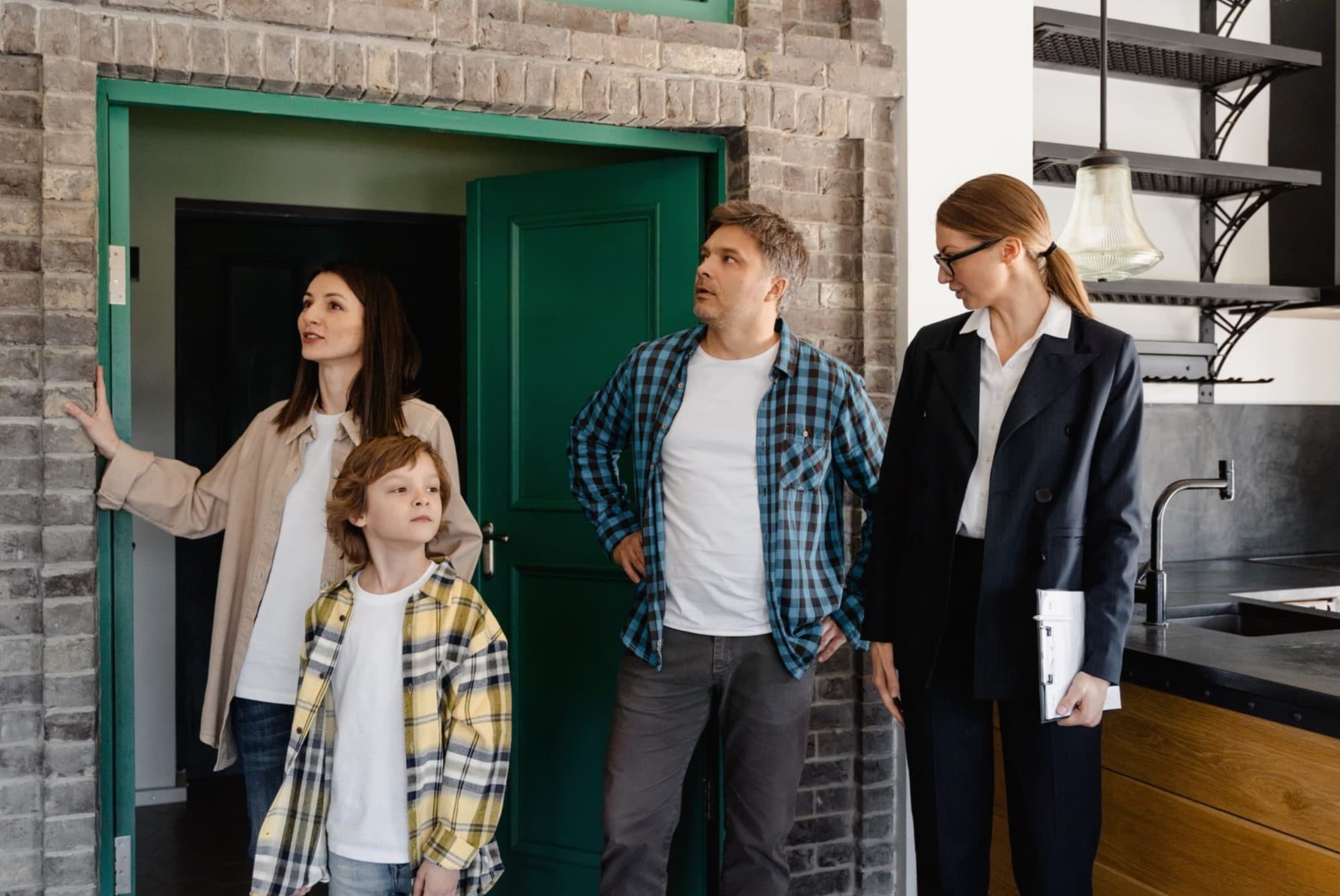
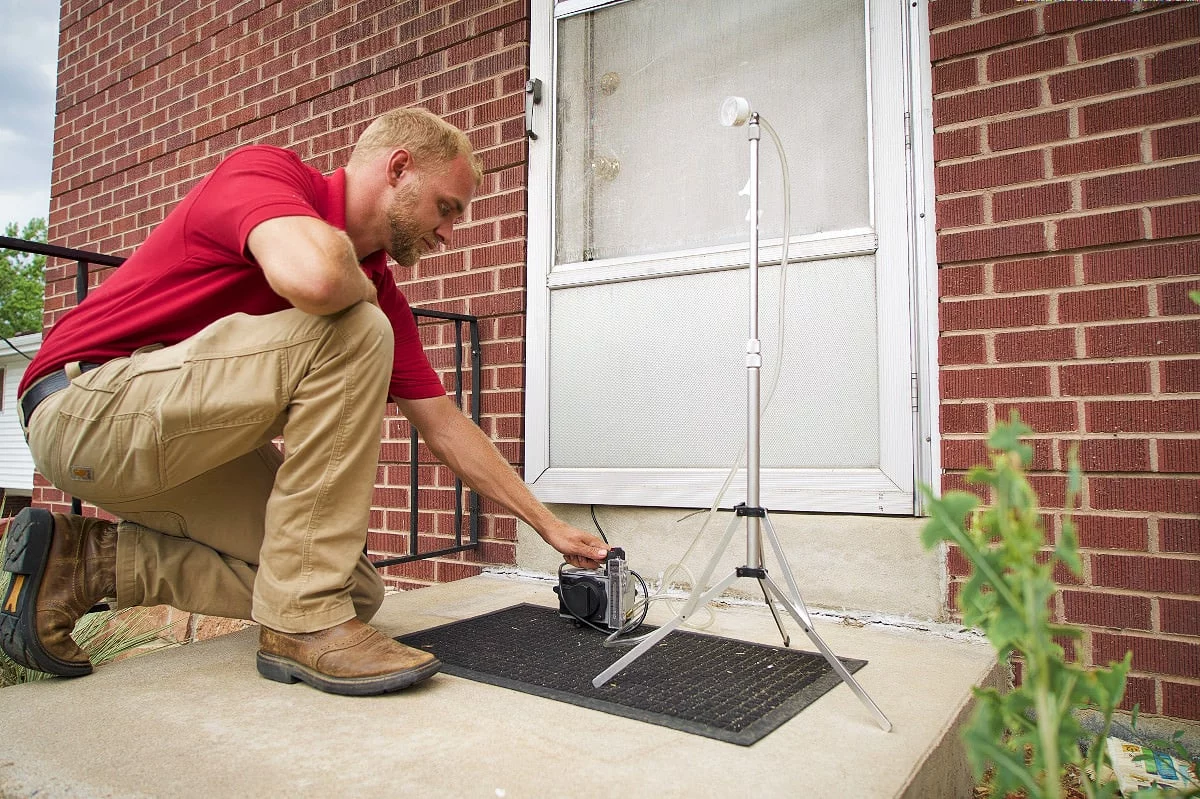
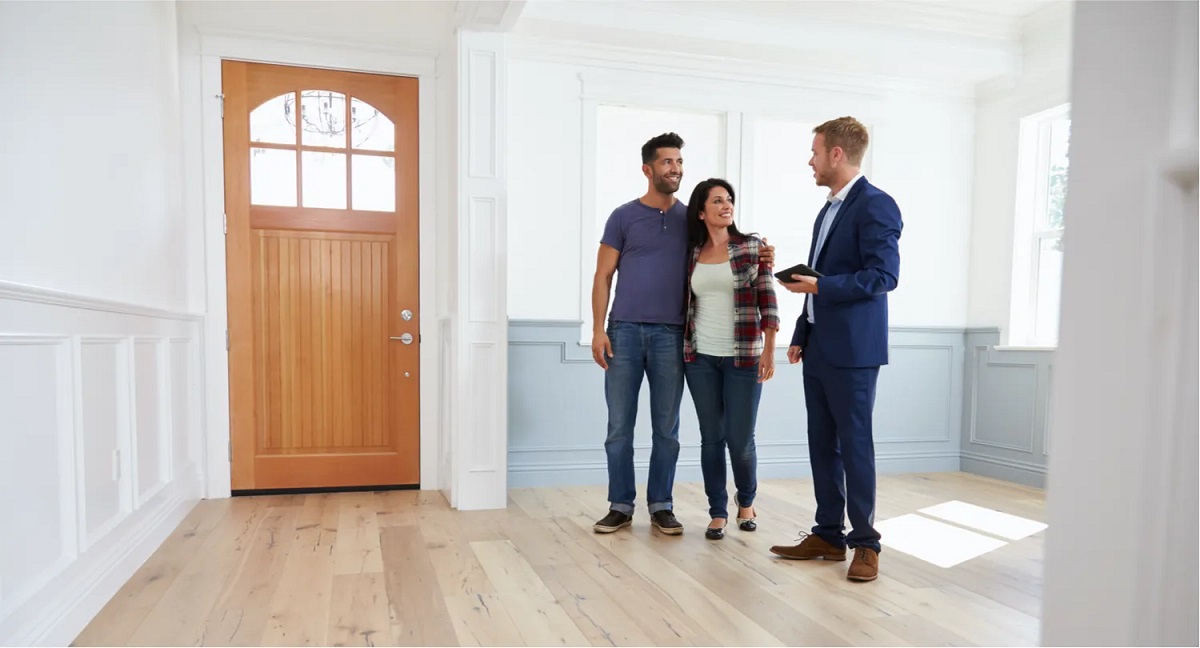
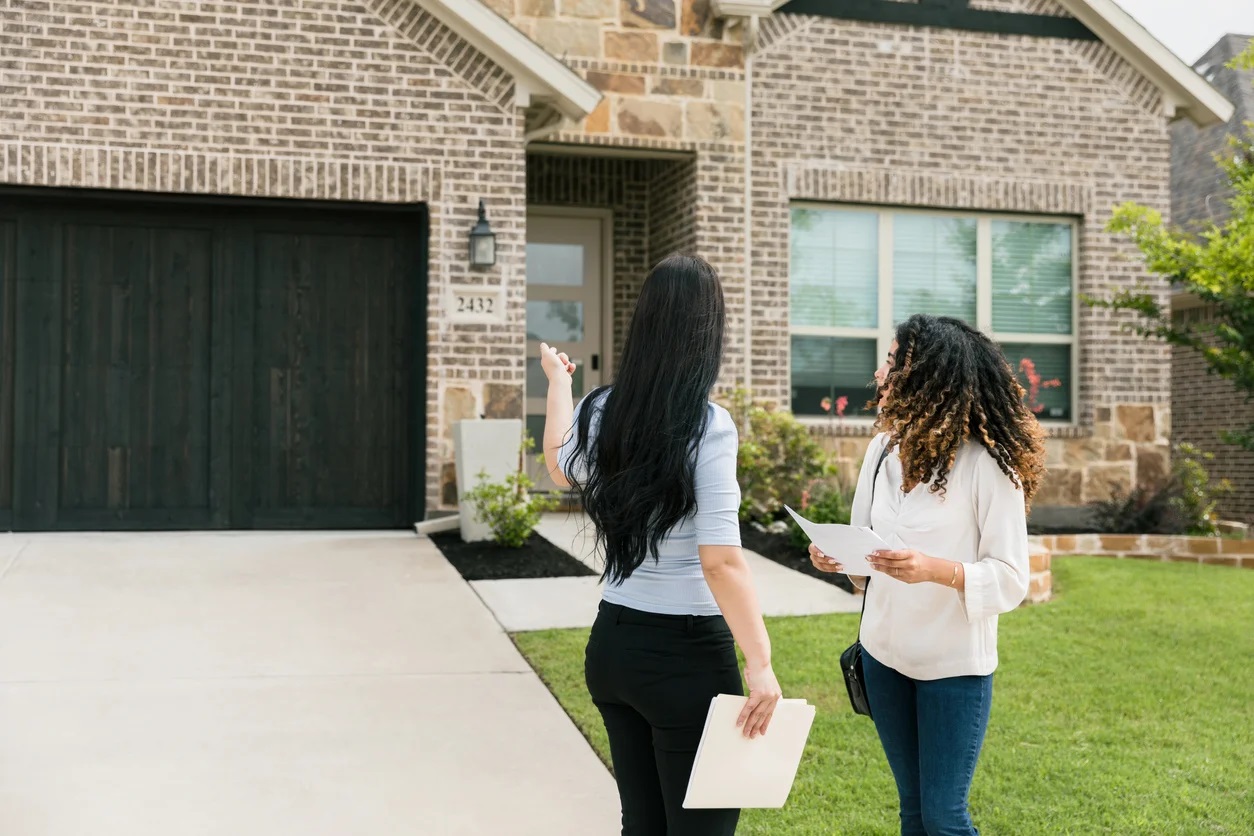
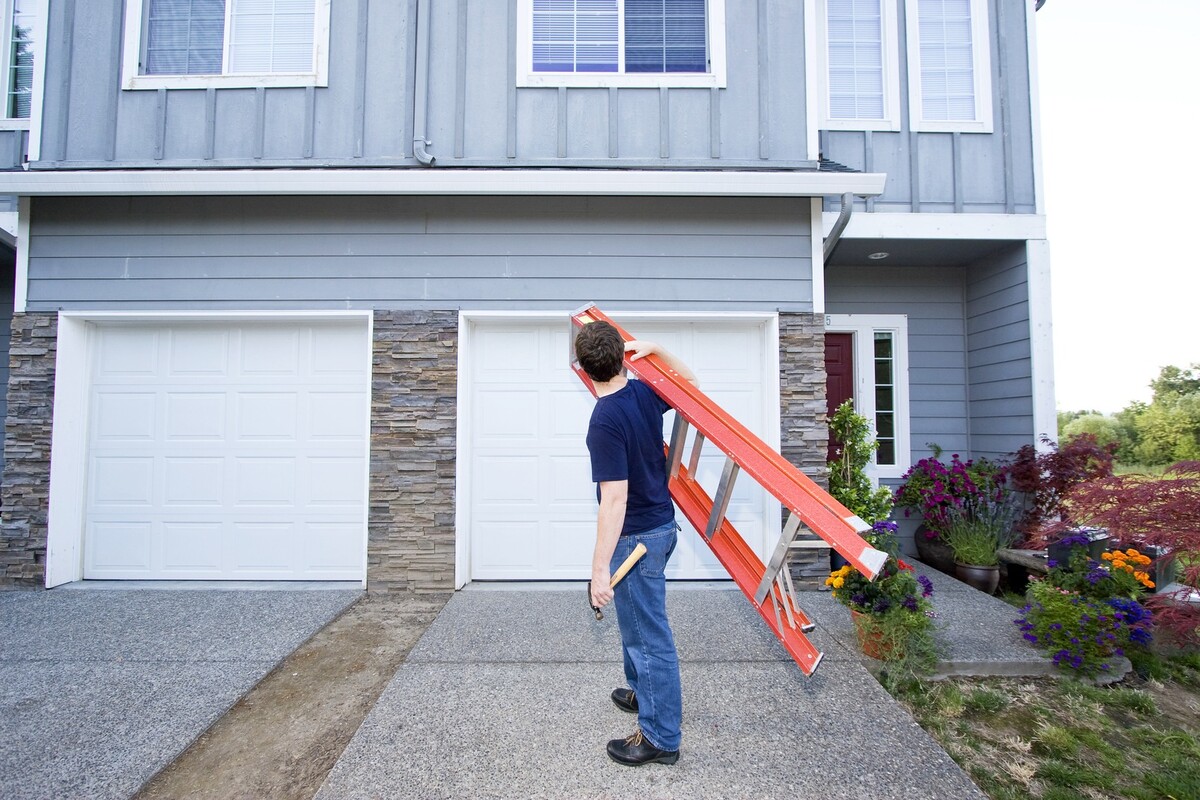

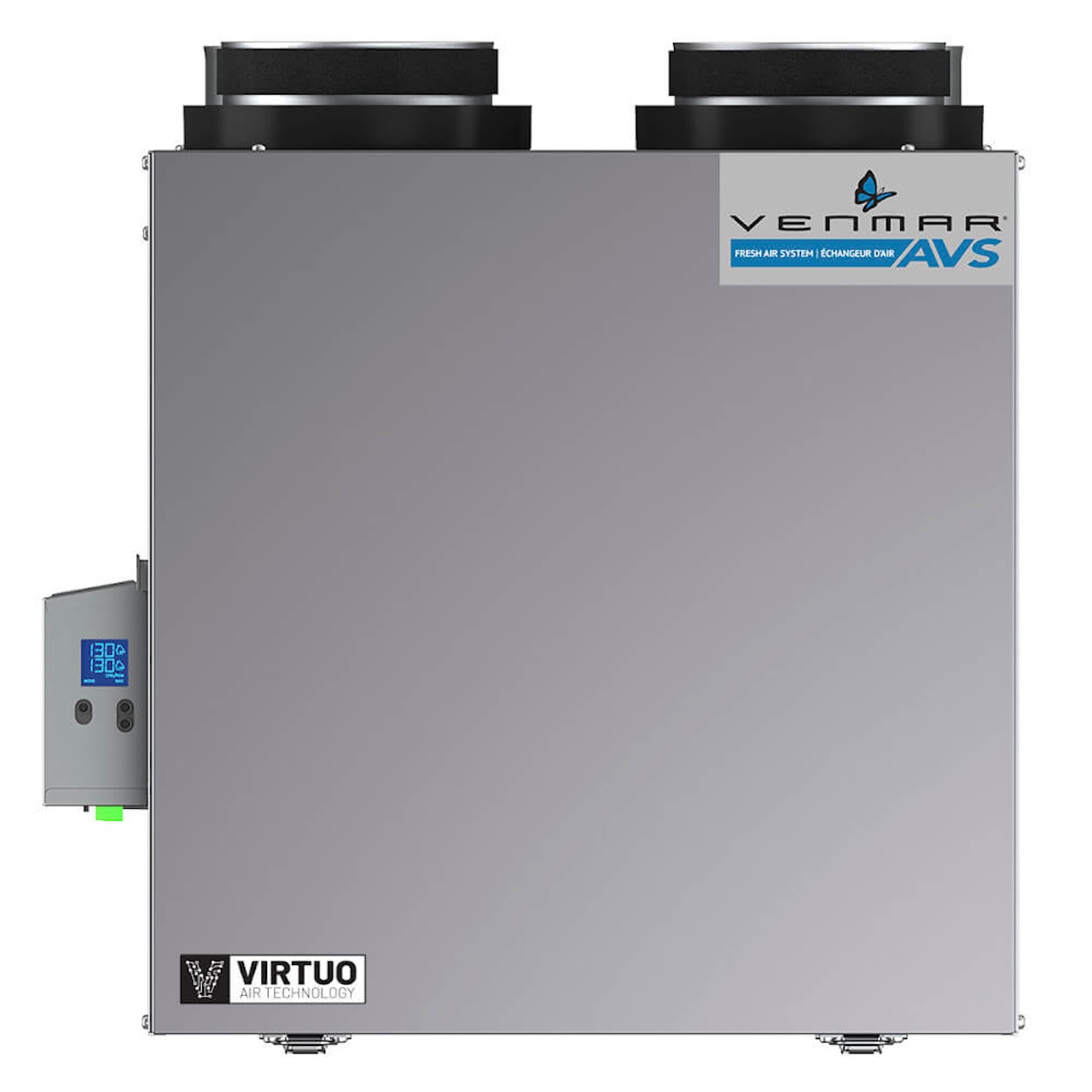
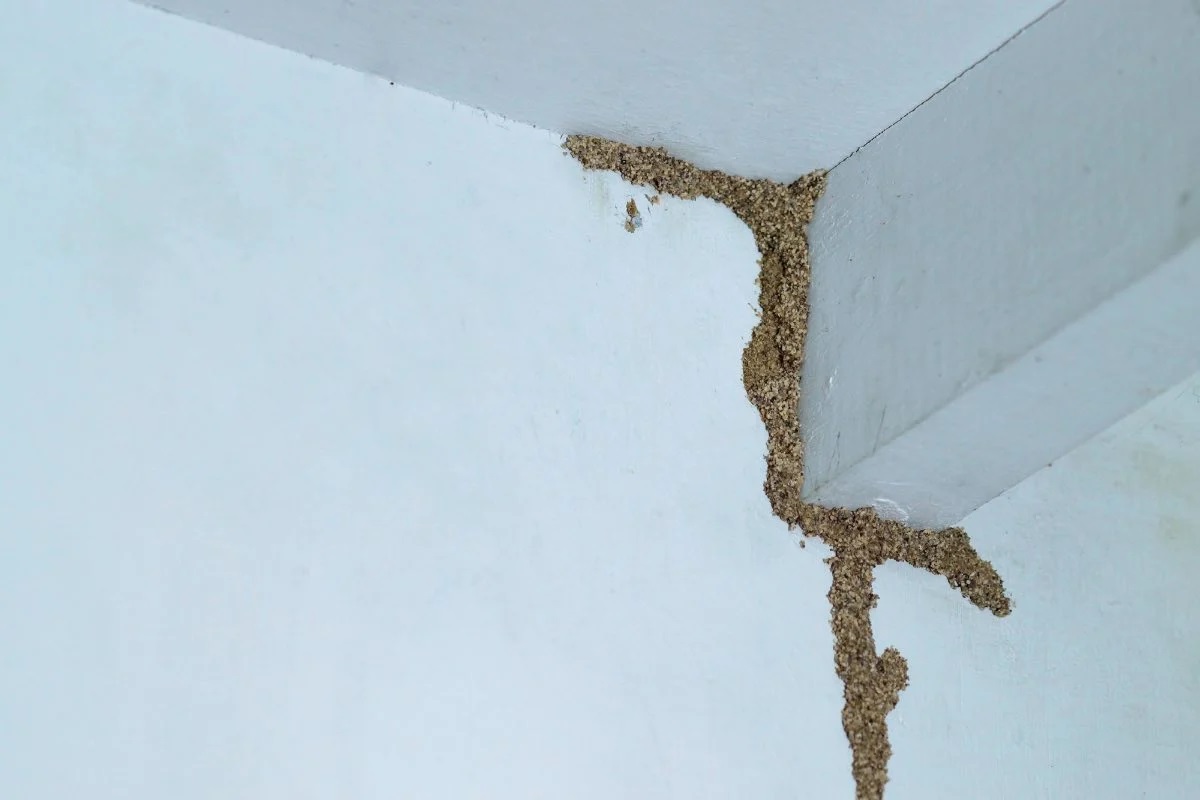
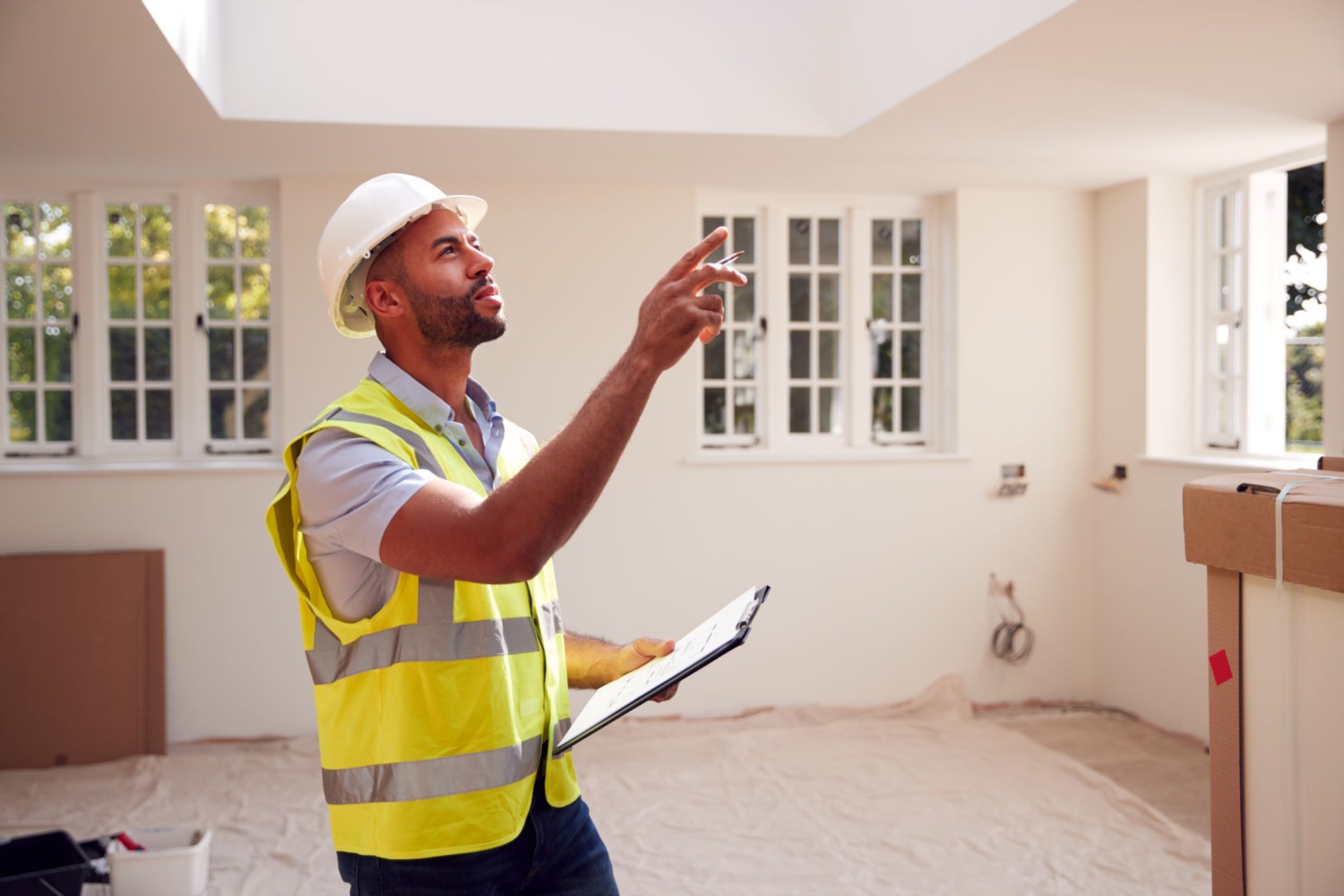
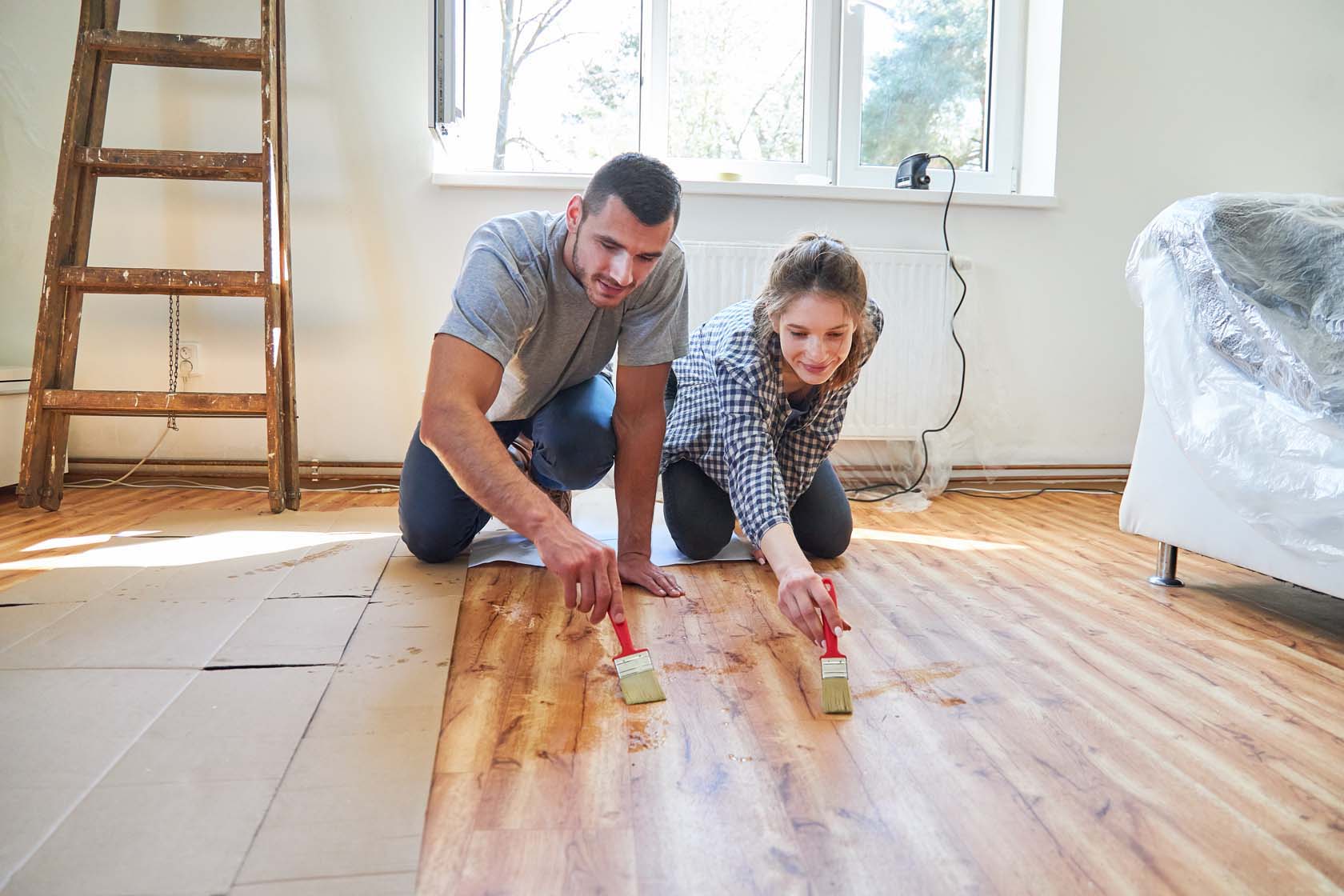
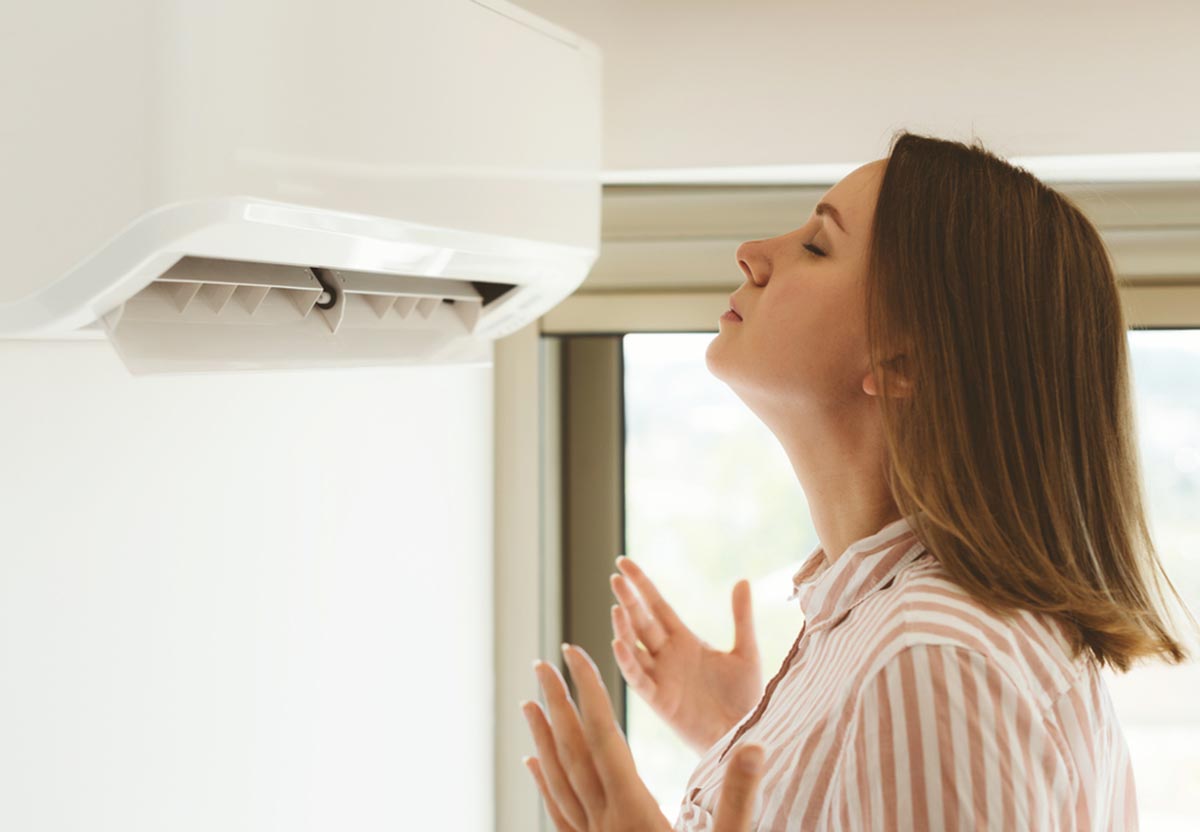


0 thoughts on “What To Ask During Your Home Inspection”